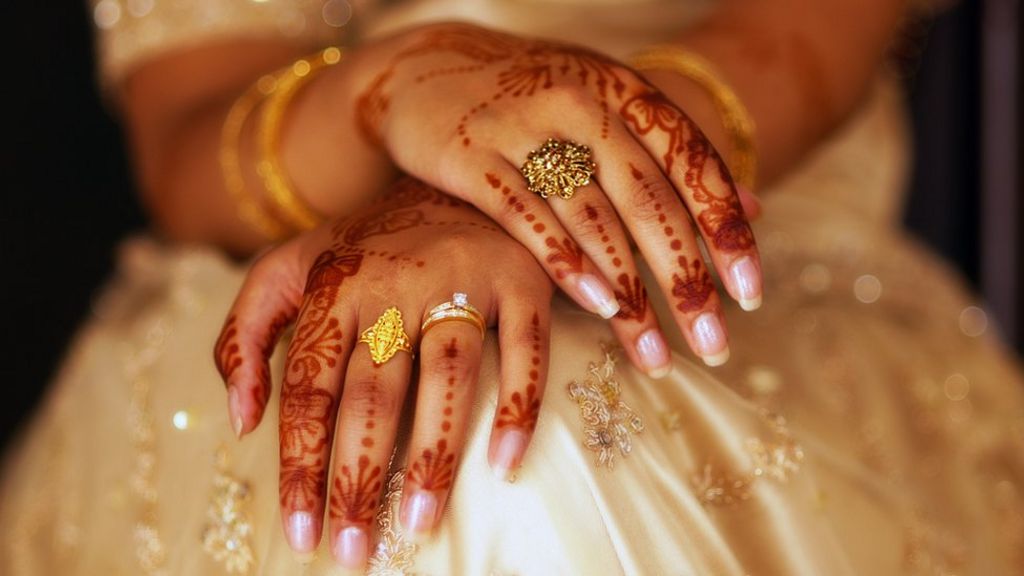
Justice Alka Sarin of the Punjab and Haryana High court has held that, “A Muslim man may get married more than once without divorcing his earlier wife but the same does not apply to a Muslim lady. A Muslim lady has to divorce her first husband, either under the Muslim Personal Law or under the provisions of the Muslim Marriages Act, 1939, before contracting a second marriage.”
The Single-judge Bench was hearing a plea of a Muslim married couple seeking protection as the woman’s family members were against the relationship. The petitioners submitted before Justice Sarin that this is the second marriage for both of them and that they were forcefully married to other people. The woman has also filed a case against her former in-laws.
The High Court observed that there is no clarity as to whether the woman petitioner obtained a legally valid divorce from her first husband before marrying the second husband and fellow petitioner. The Bench said, “The petitioner Nos.1 and 2 have got married without petitioner No.1 obtaining a legally valid divorce from her first husband”.
As to the marital status of the petitioners, it has been stated that “being Muslim, the petitioners can both contract a second marriage” but the court observed that either under the Muslim Personal Law or under the provisions of the Muslim Marriages Act, 1939, before contracting a second marriage, a Muslim lady has to divorce her first husband.
The High Court noted that since there was no official confirmation on the same, Justice Alka Sarin said, “There is also no averment that her first marriage stands dissolved and thus her first marriage subsists in the eyes of law.”
Thus, the court held that the marriage between the two petitioners is “illegal” since the woman failed to divorce her first husband. The court added, “Article 21 of the Constitution of India provides that no person shall be deprived of his life and liberty except in accordance with law. The petitioners have approached this Court for protection of their life and liberty to live as a couple which cannot be considered in the facts and circumstances of the present case.”
However, the petitioners got the liberty of approaching the police if they apprehended any threat to life and liberty.
The judgment may be read here:
Related:
Personal Law Board is against the interests of Muslim women
Muslims are changing but the Muslim Personal Law Board remains frozen in time
Major couple even if not of marriageable age can live together: Punjab and Haryana HC